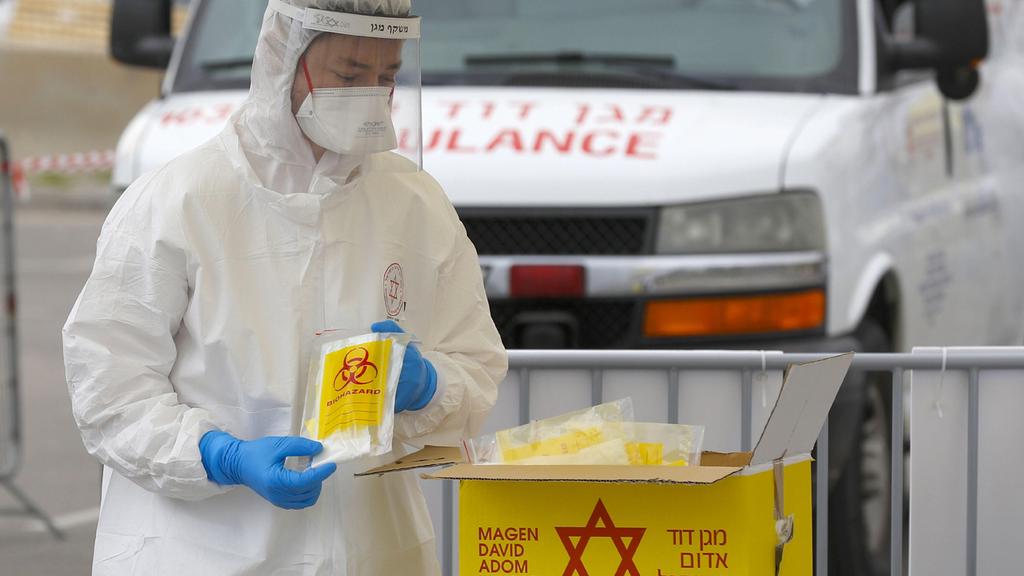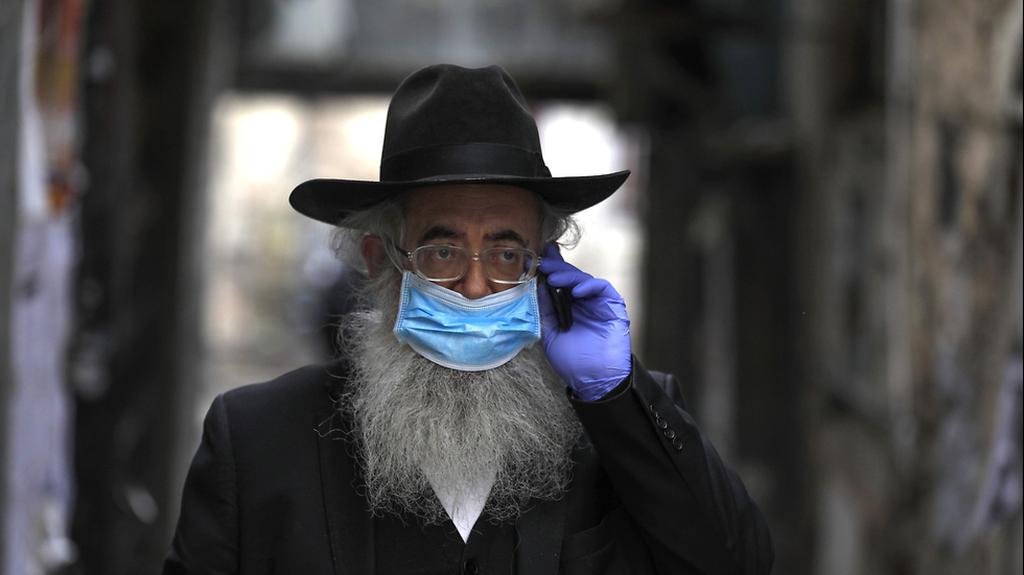Israeli government is set to lift some of the current restrictions, meant to fight the coronavirus spread, by the end of the Passover holiday in late April, senior government officials revealed early Wednesday. The officials warn, however, Israelis will have adjusted their lives to a "completely new daily routine."
On Monday evening Prime Minister Benjamin Netanyahu announced a further tightening of current measures, stopping short of declaring a full lockdown.
National Security Council Director Meir Ben-Shabbat and Health Ministry Director-General Moshe Bar-Siman-Tov announced overnight the outlines for Israel's exit strategy once the COVID-19 spread stabilizes.
At the initial stage the restrictions will be lifted for at least two weeks, following which the officials will assess the measures needed going forward.
Schools and kindergartens, however, will remain close for the first two weeks of restrictions being eased. The move means that millions of children will have to stay home for at least another month.
Young people with no underlying health conditions, or those who have recovered from the virus will be allowed to return to their workplaces.
The amount of coronavirus test is also set to be significantly increased. Netanyahu has apparently already instructed the Defense Ministry to purchase enough testing kits to allow Israel to conduct 30,000 tests a day.
3 View gallery


Benjamin Netanyahu, Moshe Bar-Siman-Tov, Yaakov Litzman and Meir Ben-Shabbat
(Photo: Shalom Shalev)
Ben-Shabbat said that his policy had four objectives:
1. Curbing the epidemic
2. Improve preparedness for the continued spread of coronavirus
3. Creating proper conditions to lift the current restrictions
4. A careful, slow and gradual forming of a daily routine that would be completely different to the Israeli public had been accustomed to
"We are still in the danger zone," said Ben-Shabbat. "A single day like Purim or a single local outbreak is enough to impede our efforts, so we must keep following the existing restrictions."
Another issue currently at hand is wearing protective masks when leaving home.
Bar-Siman-Tov on Tuesday admitted the ministry is mulling recommending the public wears surgical masks upon leaving home. Due to shortage in the number of masks, the ministry is debating whether to allow the use of makeshift masks made of cloth.
Workplaces that are still operating must now also enforce tighter regulations, with employees taking their temperature before arriving at work and signing a declaration confirming they have no coronavirus symptoms – a temperature of over 38°C, cough and difficulty breathing.
Employees must arrive at their workplace with a completed form for each day, and the employer must collect and save the forms.



